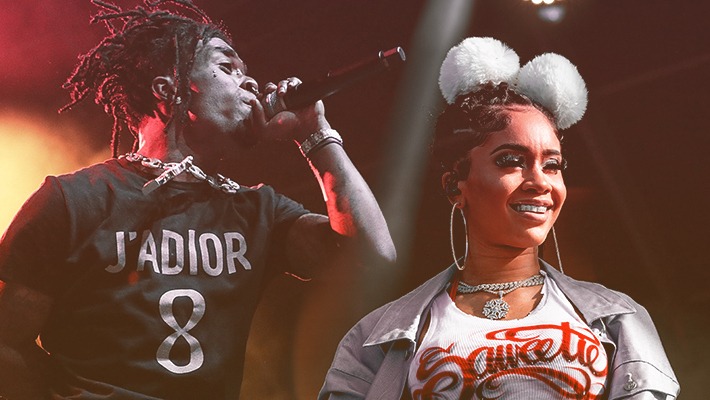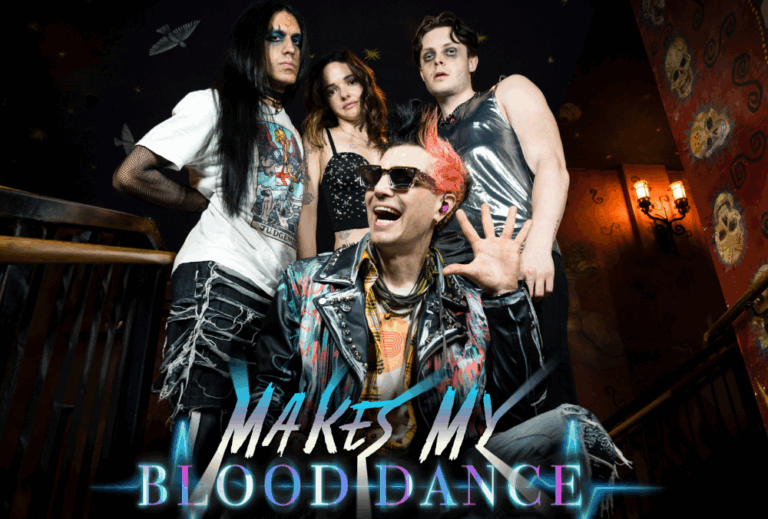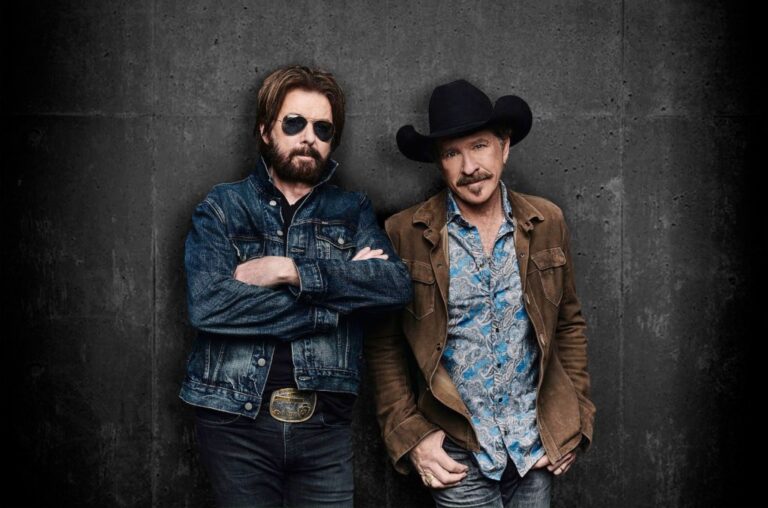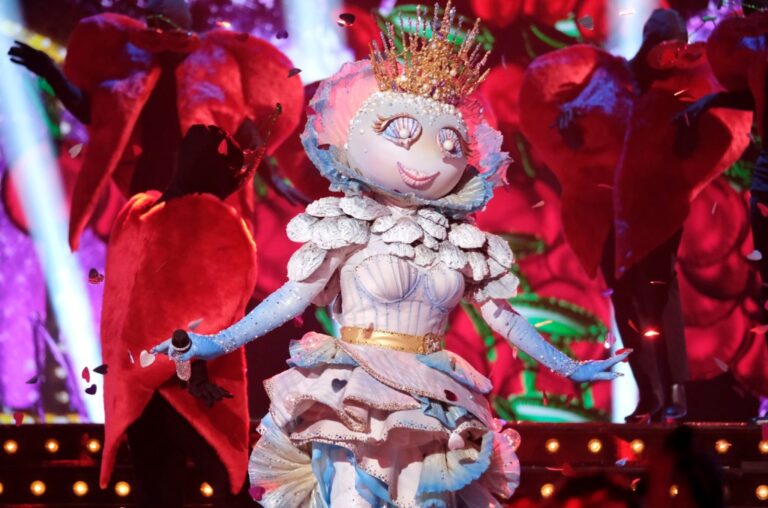With the first wave of live music cancelations in the spring of 2020, it was clear: The music industry was about to undergo a massive shift. With every announcement, it was like another domino fell in the chain reaction that led to the shut down of live entertainment and the recording industry as we all knew it. The ramifications of the past year likely won’t be fully known for years to come, but we’ve seen some of them already: Billions of dollars have been lost, hundreds of venues have been or will be permanently shuttered (although help is on the way), and thousands of artists were forced to figure out how to survive in a world where their primary source of income had suddenly been cut off.
That crisis naturally extended to the most popular genre, which seemed both uniquely vulnerable to its effects, as well as solely suited to weathering the brunt of it. Some of this was due to hip-hop’s natural versatility since it’s the genre that’s undergone some of the biggest changes over the course of its 50-year history. It’s also been at the forefront of innovation within the music industry; remember ringtones? Hip-hop had already adapted so well to the digital age that recalibrating its focus online was like second nature for artists — artists who can credit the advent of social media and streaming with their success in trimming the sails to get through the storm.
While nobody made quite as much money as they would have had festivals still gone on, and the future outlook for the genre remains hazy, here are some of the ways rappers survived the first year of a global pandemic — and what might happen next as the world struggles to curtail the spread of a deadly disease in the midst of social upheaval.
Streaming
One area where hip-hop outperformed the rest of the industry — to a borderline surprising degree, in fact — was streaming. This one innovation was a game-changer for the entire industry, which could very well have completely collapsed twenty years ago. However, thanks to services like Apple Music, Spotify, and Tidal, as well as YouTube, where more and more people are listening to music these days, fans were still able to listen to their faves’ newest releases without risking infection at a record store, which also helped cut out (some) middlemen in the revenue stream.
Unfortunately, despite the major strides that have been made in recent years, many as a result of legislation favoring artists, there are still far too many entities between the fan and the artists, especially the streaming platforms themselves, who pay out minimal royalties to artists on the backend. Unless you were Lil Baby, who outperformed Taylor Swift to become the best-selling artist of 2020 with his album My Turn, you just weren’t seeing that much revenue from streams. Even DaBaby, who wasn’t too far behind his similarly-styled comrade in total streams, said he suffered a huge reduction in his gross pay for the year. Fewer people streamed music as well, thanks to having so many other options, although physical media made a comeback.
Indie rappers weren’t completely out of luck, however. Services like Audiomack and Bandcamp took pains to ensure that the direct-to-consumer market for music remained that way, with Bandcamp hosting multiple artist appreciation events and allowing them to sell merch and music to fans without taking its customary cut. Meanwhile, even for those who couldn’t monetize streaming to offset their losses, streaming did open up nearly every other avenue for their continued ability to make money in the pandemic.
Deluxe Albums
With touring out of the question, the question had to change. Normally, concerts extend the life of an album while also generating most of the revenue behind the album. Confronted with the conundrum of how best to kickstart album cycles, hip-hop artists were given the answer by Lil Uzi Vert, who put a fresh twist on an old tactic. Deluxe albums are nothing new, but until last year, they were spaced out from the original release enough to take advantage of lulls in the artists’ work cycle. For instance, Shelly (FKA DRAM) re-released his Big Baby DRAM album a year later, while Nicki Minaj and Bryson Tiller opted for splashy anniversary editions of their debuts last year.
However, when Uzi followed up his long-awaited Eternal Atake with an entire album that functioned as both the deluxe version of EA and the follow-up to his fan-favorite LUV Vs. The World mixtape, it wasn’t long before seemingly every rapper was following suit. These deluxe versions were super-sized, often eclipsing the original releases in running length and ballooning tracklists to nearly 40 songs — as in the case of Eminem’s Music To Be Murdered By – Side B. These deluxe versions also arrived within months, sometimes weeks, and in some cases, days of the original iterations of artists’ albums, juicing their streaming stats and launching them back up the Billboard 200 chart. As a play on the oft-lamented album-length strategy that played itself out in 2018, it allowed artists to have their cake and eat it too: Fans who preferred a trim tracklist could stick to the originals, but they also didn’t have to wait for a full promotional cycle for a follow-up.
TikTok
And while newer artists couldn’t quite rely on this tactic as they tried to build their captive fan bases amid the noise of lockdown, competing with Netflix, Hulu, Disney Plus, and that dreaded distance learning, they did get a new tool that could be an artist’s best friend — provided they spoke the language of the largely teen audience of TikTok. Once considered a novelty and only part of the reason Lil Nas X’s take on country music took over pop culture in 2019, TikTok was instrumental to the success of both established artists and newcomers alike, thanks to fan-sparked “challenges” that saw folks with a lot of time on their hands play social distancing street teams for their favorite singles.
Doja Cat and Megan Thee Stallion both owe their early-year No. 1 hit records to TikTok, at least in part, thanks to the “Say So” and “Savage” dance challenges. Detroit newcomer Curtis Roach cooked up the unofficial theme song of the quarantine with “Bored In The House,” while Tobi Lou’s 2018 song “Buff Baby” helped spark interest in the burgeoning Chicago star whose upcoming album Parrish Blue landed on Uproxx’s Most Anticipated Albums of 2021 list due to the chatter generated by his TikTok breakout. Artists like Philly’s Popp Hunna have updated the titles of their songs to take advantage of their popularity on the app and it appears the prevalence of challenges will continue into the new year; already, Dallas rapper Erica Banks’ single “Buss It” is trending thanks to a quick-change, knee-testing twerk challenge.
Sync, Livestreams, OnlyFans, and Podcasts
That buzz could translate, as it has for so many other artists in the past year, into lucrative sync licensing placements, like the ones Blimes and Gab told me are helping to keep them afloat or like the ESPN look that helped Rexx Life Raj cop a Tesla in a pandemic and write a song about it. Furthermore, with performances shifting to pre-taped, self-shot appearances, the possibilities have opened up for artists who would otherwise be unable to travel to appear on NPR Tiny Desk or late-night talk shows. Sister duo Chloe X Halle carved out a reputation for their elaborate and scintillating performances, all conjured in the comfort of their backyard. They’re now household names thanks to a steady stream of trending topic-inciting recitals, and they’re far from the only ones. There are also still those artists willing to flout safety regulations in states that have yet to adopt common-sense measures to contain the virus.
Other artists have branched out their content creation game to hosting podcasts and Apple Music radio shows, weekly live streams, and more. I’d be remiss not to mention the reigning queen of social content, Saweetie, who concocted a bevy of YouTube shows and content, from her documentary series The Icy Life to her borderline excessively curated Halloween costumes. Artists who hosted podcasts used their massive and deep contact lists to ensure that they got the highest-profile guests and their relationships kept the conversations lively and insightful. And of course, there’s streaming and OnlyFans, which keeps the checks coming in, even without the X-rated content the site is known for.
The question going into 2021 is: How sustainable is all this? Fans eventually get hip to algorithm-gaming tricks and unless they’re a superfan of an artist, tend to overlook or get bored with alternative content, especially with the glut of choices for in-home entertainment at the moment. More and more artists are participating in virtual concerts and festivals — ASAP Mob is reviving its Yams Day festival as a livestream this week, and others are sure to follow suit. Maybe this will become the new normal, with hundreds of streaming concerts cropping up and a new weekly challenge on TikTok becoming the closest thing we have to a communal experience. Maybe artists and their fans will have to get used to their only contact being in a chat room instead of a mosh pit.
Or maybe people will start wearing their damn masks and we can begin to get back to some semblance of normal. Dr. Anthony Fauci, the director of the National Institute of Allergy and Infectious Diseases and the head advisor of the United States’ coronavirus response, suggests that if we meet a certain threshold of people receiving vaccinations and continue to practice common-sense safety precautions, some venues could begin hosting concerts again this fall. So, get your shots, cross your fingers (after washing your hands, of course), and keep social distancing — we just might make it after all.
Some artists covered here are Warner Music artists. Uproxx is an independent subsidiary of Warner Music Group.




